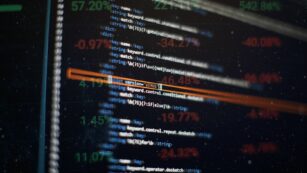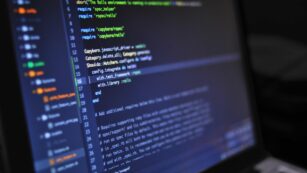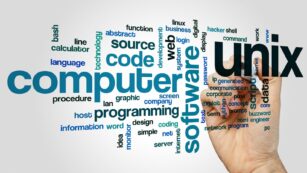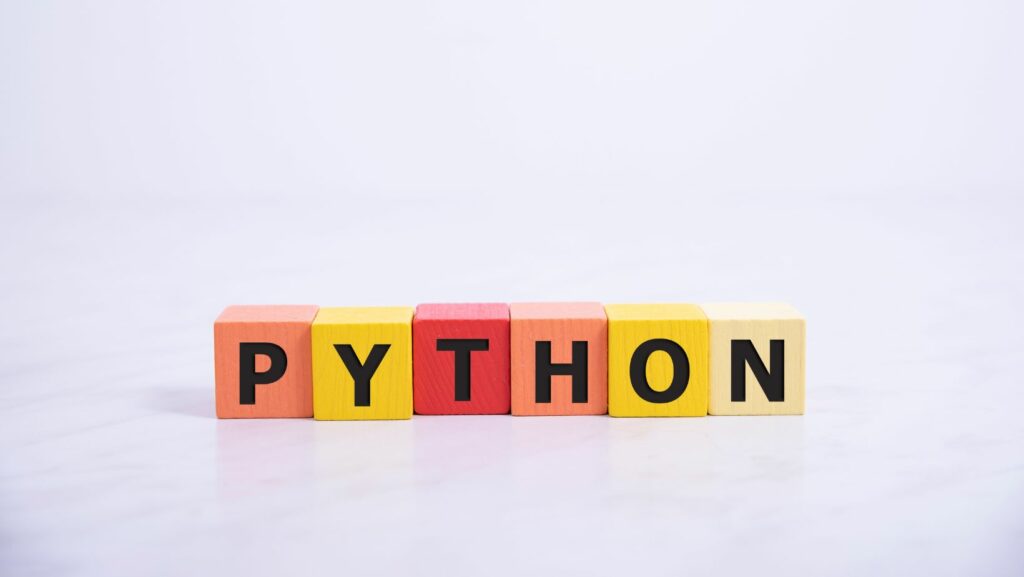As the digital landscape evolves, the demand for skilled Python programmers continues to surge. An intermediate Python course bridges the gap between basic programming knowledge and advanced expertise, empowering learners to tackle more complex projects and challenges. This course is designed for those who’ve grasped the fundamentals and are ready to delve deeper into the versatile world of Python programming.
Engaging with an intermediate course not only sharpens one’s skills but also opens up a plethora of opportunities in data analysis, machine learning, web development, and beyond. It’s the perfect stepping stone for enthusiasts eager to transform their basic understanding into a profound, practical skill set that’s highly sought after in today’s tech-driven industries.
Intermediate Python Course
Key Concepts Covered
 An Intermediate Python Course inherently elevates a learner’s capabilities beyond the basics into more complex programming paradigms. Participants gain insights into data structures such as dictionaries, sets, and tuples, enhancing their ability to store and manipulate data effectively. Control structures, including loops and conditional statements, are explored in depth, allowing for the creation of more sophisticated code. Additionally, the course dives into error and exception handling, providing students with the skills to make robust and error-free programs. Object-oriented programming (OOP) concepts form a crucial part, introducing attributes and methods, thereby enabling learners to write clean, modular, and reusable code.
An Intermediate Python Course inherently elevates a learner’s capabilities beyond the basics into more complex programming paradigms. Participants gain insights into data structures such as dictionaries, sets, and tuples, enhancing their ability to store and manipulate data effectively. Control structures, including loops and conditional statements, are explored in depth, allowing for the creation of more sophisticated code. Additionally, the course dives into error and exception handling, providing students with the skills to make robust and error-free programs. Object-oriented programming (OOP) concepts form a crucial part, introducing attributes and methods, thereby enabling learners to write clean, modular, and reusable code.
Functions, both predefined and user-defined, are thoroughly covered, demonstrating their importance in writing well-organized code. Advanced topics, such as file operations and modules, are also included, which are vital for scripting and program organization. Furthermore, the course introduces Intermediate-level libraries like Pandas and NumPy, crucial for data analysis tasks, and Matplotlib for data visualization.
Target Audience
The primary audience for the Intermediate Python Course consists of individuals who possess basic proficiency in Python or another programming language and are looking to enhance their skills further. This includes university students studying computer science, data sciences, or related fields, and professionals seeking to increase their programming skills for career growth. The course is also suitable for hobbyists and tech enthusiasts who aspire to understand Python programming at a deeper level. As it bridges the gap between introductory knowledge and advanced expertise, this course prepares learners for more specialized realms like machine learning, AI development, and complex data analysis projects.
Course Content Breakdown
Data Structures and Algorithms
 The intermediate Python course meticulously covers essential data structures such as lists, dictionaries, sets, and tuples. Each structure supports specific use cases, enhancing the learner’s ability to handle various data types efficiently. For example, lists manage ordered collections of items, dictionaries store key-value pairs, sets facilitate unique element storage, and tuples hold immutable sequences.
The intermediate Python course meticulously covers essential data structures such as lists, dictionaries, sets, and tuples. Each structure supports specific use cases, enhancing the learner’s ability to handle various data types efficiently. For example, lists manage ordered collections of items, dictionaries store key-value pairs, sets facilitate unique element storage, and tuples hold immutable sequences.
Furthermore, the course delves into algorithms, focusing on sorting techniques like bubble sort, merge sort, and quick sort. It also explores searching algorithms, such as linear and binary search methods. Understanding these algorithms improves problem-solving skills and computational thinking, vital for tasks involving large data sets and complex analysis.
Object-Oriented Programming
In the segment on Object-Oriented Programming (OOP), the course provides a comprehensive overview of concepts like classes, objects, inheritance, polymorphism, encapsulation, and abstraction. Learners gain practical experience by designing and implementing their own classes and objects, thereby understanding how encapsulation shields data.
 The course also illustrates the use of inheritance and polymorphism to create modular software applications that are easier to test, maintain, and scale. Through practical examples, students see how abstraction simplifies complex systems by focusing on relevant details, enhancing their ability to design robust and efficient software solutions.
The course also illustrates the use of inheritance and polymorphism to create modular software applications that are easier to test, maintain, and scale. Through practical examples, students see how abstraction simplifies complex systems by focusing on relevant details, enhancing their ability to design robust and efficient software solutions.
By covering these advanced programming concepts, the intermediate Python course equips learners with the skills necessary to tackle more sophisticated programming challenges and pursue further specialization in fields like AI and machine learning.
Teaching Methodology
Embarking on this intermediate Python course equips learners with a robust toolkit for tackling real-world programming challenges. By blending theoretical knowledge with practical applications, the course ensures that students not only understand the intricacies of Python but can also apply them effectively. With a curriculum designed to bridge the gap between basic understanding and advanced expertise, participants are well-prepared to dive into specialized fields like AI and machine learning. Whether you’re a student looking to boost your resume or a professional aiming to transition into tech this course is an ideal stepping stone.


